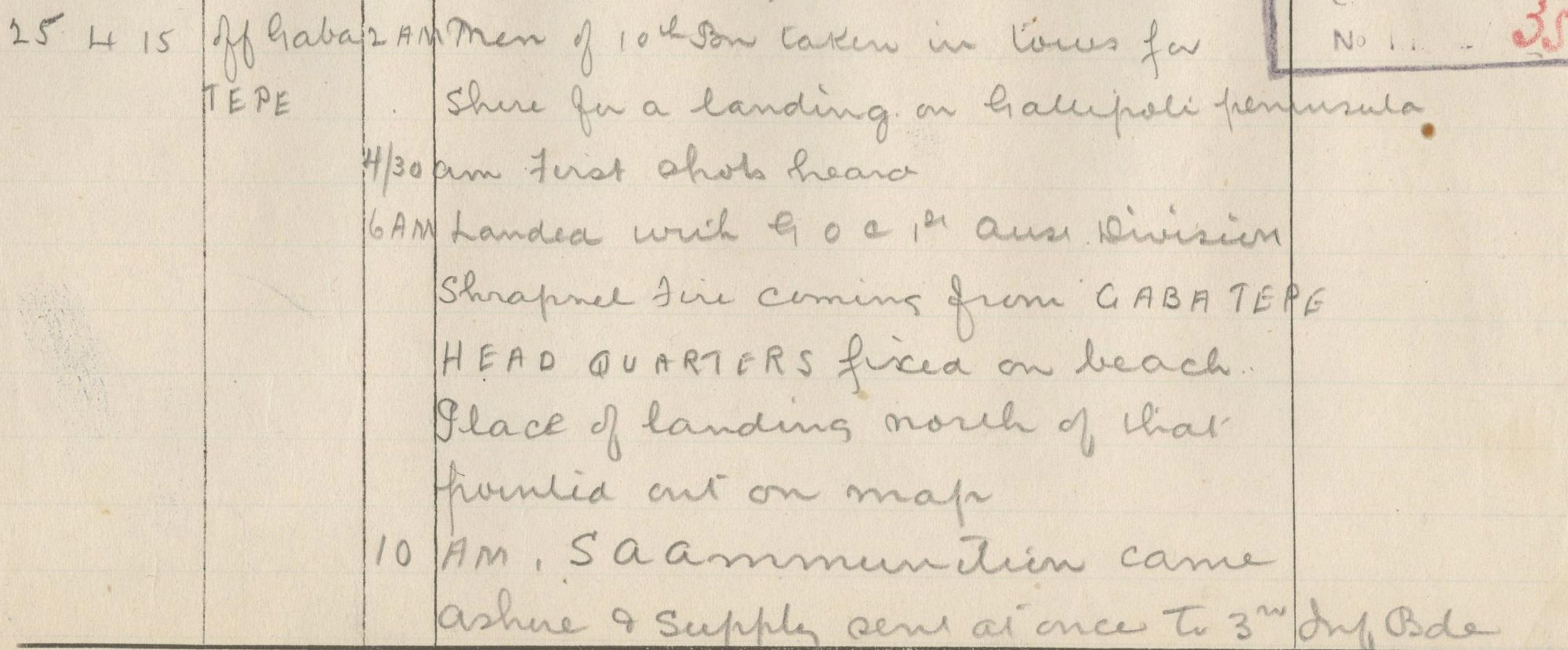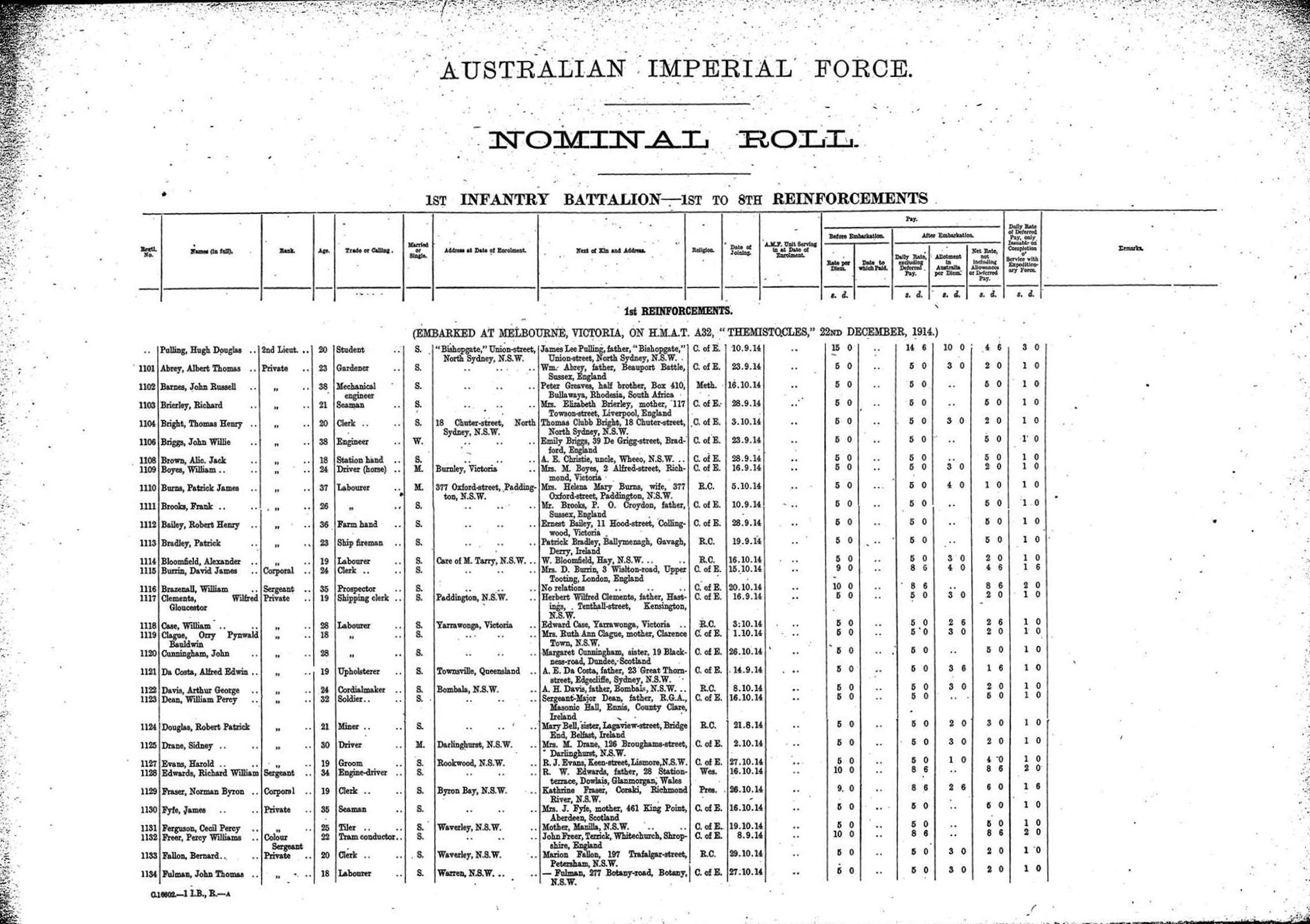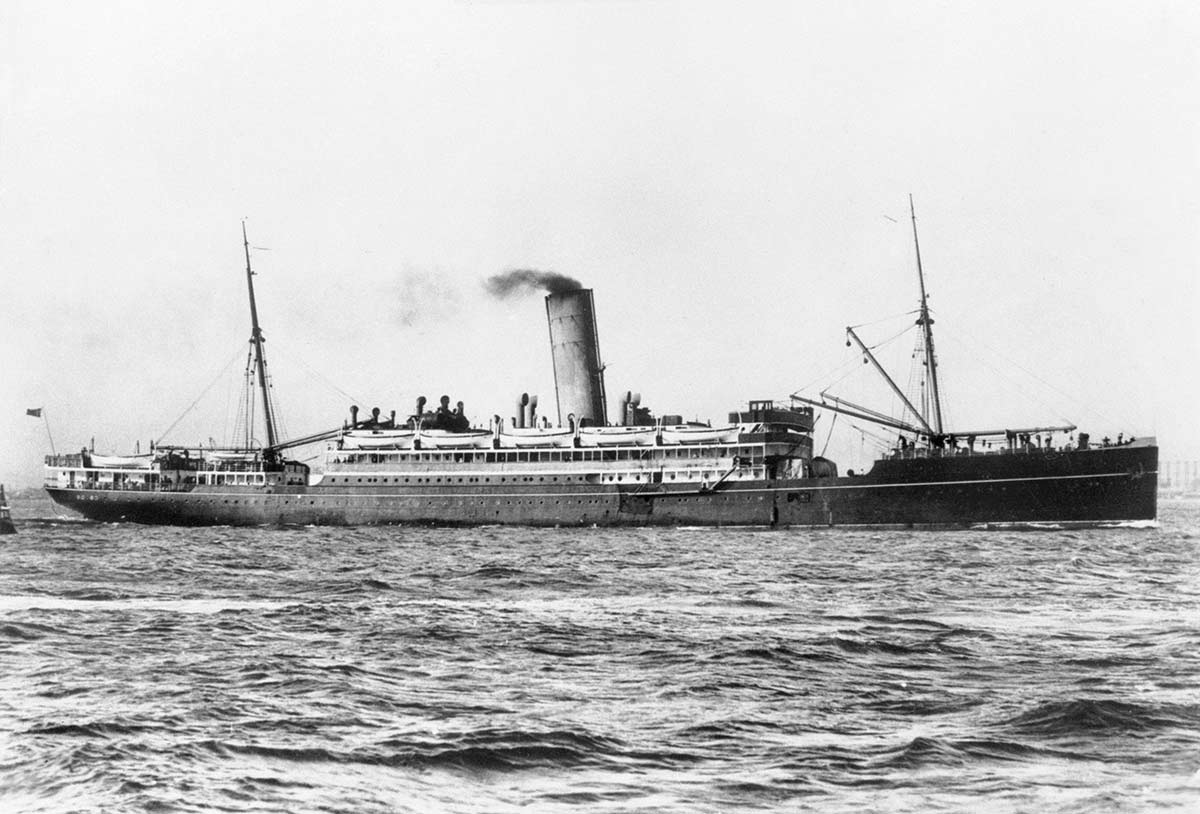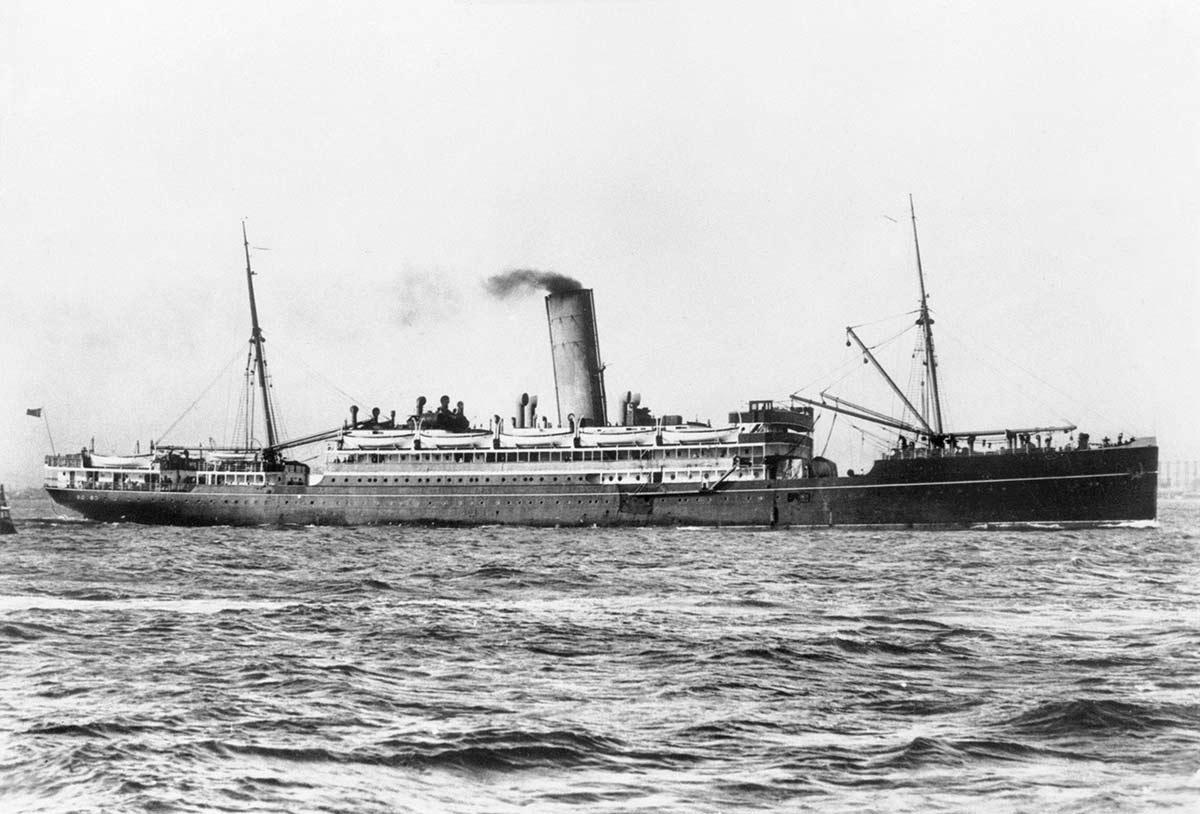Learning module:
War correspondents
War correspondents
12. How did we get into this mess?
You make your way down to the Age’s basement, to room 105. Emma Pratt has set up an informal research station there. The room is full of paper in huge piles, and filing cabinets bursting at the seams.

You ask Emma what her research about the cause of the war has taught her. Emma, like many women, has come to question the cost of the war effort.
‘I think future historians are going to use the acronym M.A.I.N. to remember what the causes of this war are. The ‘MAIN’ causes, ha! It would be funny if the war wasn’t so depressing.
‘The “M” stands for militarism. Militarism is the belief that a country should have a strong military and be ready to use it in aggression or defence, for their national interest. The last 100 years, the 1800s, were a time of huge military competition, especially between the European powers like Germany, France, Russia and Great Britain. This has often been referred to as an “arms race”.
‘These cultures thought that war was actually good for nations. Can you believe that? Well a lot of Australians think that at the moment too. Must be the times.
‘Germany has been trying to expand its navy by building more and bigger boats but the British Navy has a massive head start. Germany might get close, but they’ll never have as big a navy as Britain,’ Emma says, as she flips through stacks of her research.
She goes on, ‘I think that these nations thought that war was glorious and quick, so they were naïve, and aggressively built up their armies. Surely they didn’t realise the scale of death they would unleash if they used all these massive armies in a general war.’
She pauses, has a sip of her tea. ‘The second main reason is the “A”, which stands for alliances. From 1870 to 1914 a tangled web of alliances resulted in Europe being split into two groups.
‘On one side is the Triple Alliance, signed in 1882 between Germany, Austria-Hungary (a big empire centred on those two nations) and Italy. (Although Italy will eventually enter the war on the side of the Allies.)
‘On the other side, “our side”, is the Triple Entente (entente is a French word for a friendly understanding), signed in 1907 between France, Britain and Russia — the Allies.
‘So, if any of these powers go to war, the rest will get sucked in because they agreed to back each other up. But there are also a lot of hatreds between the groups. The French and Germans just had a war in 1870–1871. The Russians and the Austro-Hungarians don’t trust each other because of their conflicting interests in the Balkans (an area in southeast Europe).’
Emma goes to her filing cabinet and gets another pile of documents out.

‘The “I” stands for imperialism. Imperialism is a policy of extending a country’s power and influence through colonisation or use of military force and things like that. The European empires (the ones in the alliances) could come into conflict more easily because they have interests all over the world. Imperialism as an idea makes empires want to expand, which makes war more likely. Also Germany was powerful in Europe but didn’t really have much of an overseas empire. It has been trying to build one up recently, racing against other European powers to colonise Africa.’
She scratches her head, as if trying to remember something. ‘Oh yes, and the “N” stands for nationalism. Nationalism can mean an extreme form of patriotism marked by a feeling of superiority over other countries, or wanting political independence. The Austro-Hungarian Empire rules over 11 nationalities, and many of those peoples want to rule themselves. This promotes conflict. Nationalism by nation groups and the imperialism of the empires caused tension. The nationalists wanted independence while the empires wanted to rule over lots of different peoples.
‘So that is “M.A.I.N.” — the four main causes of this war: militarism, alliances, imperialism and nationalism.’
You ask how four vague concepts can cause a war. Wasn’t there an event that sparked the war?
‘Yes, of course, you show good journalist instincts. It was the assassination of the heir to the throne of Austria-Hungary. Serbia is one of the nationalist groups under the Austro-Hungarian Empire. Many Serbians wanted to rule themselves. A terrorist organisation called the “Black Hand” sent people to kill the Archduke Franz Ferdinand. One of them, Gavrilo Princip, just a boy of 19, shot Ferdinand on 28 June 1914. This led to what they are calling the “July Crisis”. Austria-Hungary made some very strict demands on Serbia, threatening war if they didn’t comply. Russia backed up Serbia. Germany backed up Austria-Hungary. Pretty soon, the armies were rumbling into action.’
She finishes her tea. ‘I mean, from what I’ve discovered in my research, there are other factors. You could blame any or all of the big countries really. We here in Australia blame Germany. But Russia was the first country to mobilise their army. The Schlieffen Plan, the German plan to invade France through Belgium to avoid a series of forts on their border, can be blamed for bringing Britain into the war. Britain had said it would attack anyone who attacked Belgium.’
She looks out the window, thoughtfully, ‘If you ask me, this crazy idea that war is good for nations is to blame. And the idea that attack is the best way to win a war ... well maybe when war was all about movement and fought with horses and swords. The war we find ourselves in now is completely different — trench lines defended by artillery and machine guns gives the defender a huge advantage. I think we’ll see a big death toll from this conflict. The idea that war is glorious? I wonder if leaders will still believe that after this is all over.’
It is a lot to take in.
Your task
You’ve got enough to file your report on the causes of the war. Emma asks for your help.
‘I’ve helped out with your story. I wondered if you could help with my research? With everything you’ve learned here, could you come up with an open historical question to help further my research?’
‘Here’s the difference between an open and a closed question:
- Closed questions can be answered by “yes” or “no,” or another one-word or simple answer. They usually have a single, short answer.
- They often are who, what, where, when questions.
- Open-ended questions make you think a bit harder and usually need a long, detailed or interesting answer. They might require evaluating something, justifying something, or contain one or more perspectives.
- They often are why or how questions.
‘So imagine I was asking questions about Australian history. Here are some questions of each type:
- Closed questions:
- Did Indigenous Australians eat kangaroos?
- Where did the Myall Creek Massacre occur?
- Who was the first Prime Minister of Australia?
- When did Australia federate?
- Open questions:
- How did Indigenous Australians live before 1788?
- How should settlers have responded to attacks on livestock by Aboriginal people?
- Why were Indigenous Australians and colonists in conflict?
- Why did Europeans come to Australia?’
List five open-ended questions that a historian would ask about the causes of the war.
You thank Emma for her assistance and submit your report and questions.
Mr Callister’s secretary Lucinda Clarkson calls you into the office. ‘There’s a big job for you here. Mr Callister wants to send you to Europe, but he needs to be sure you know enough to be ready for it...’ Go to 13.







